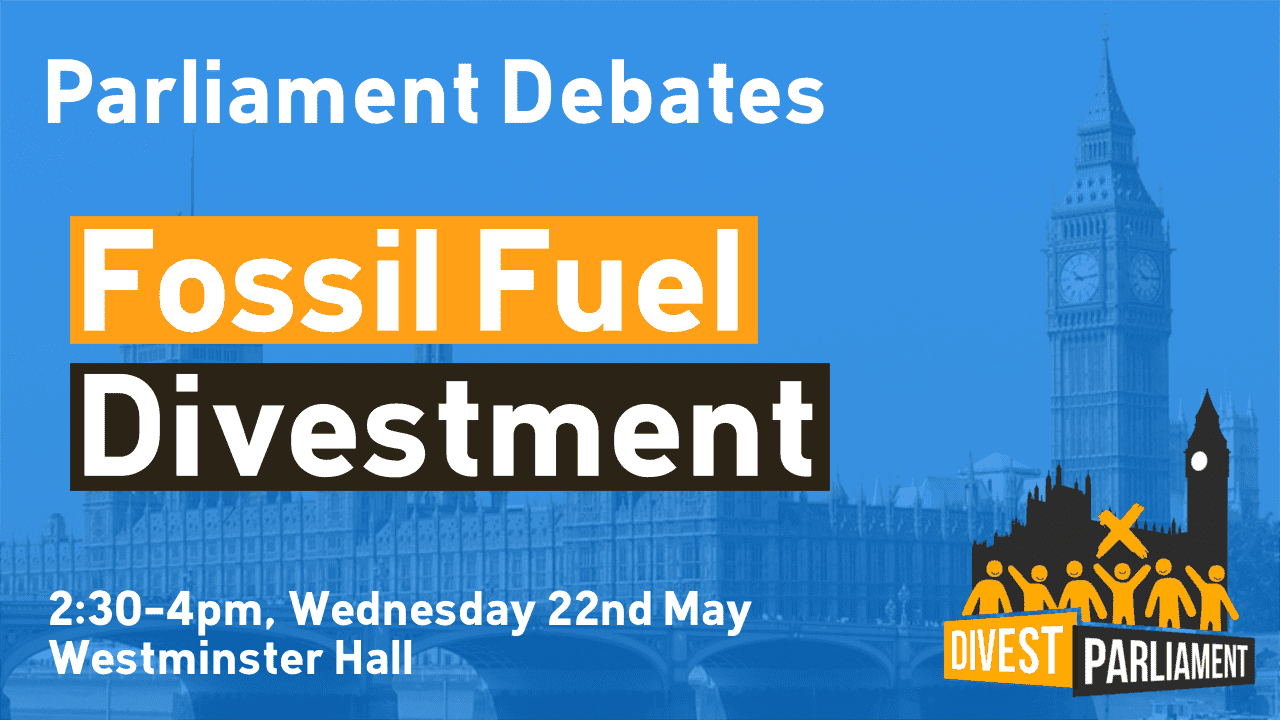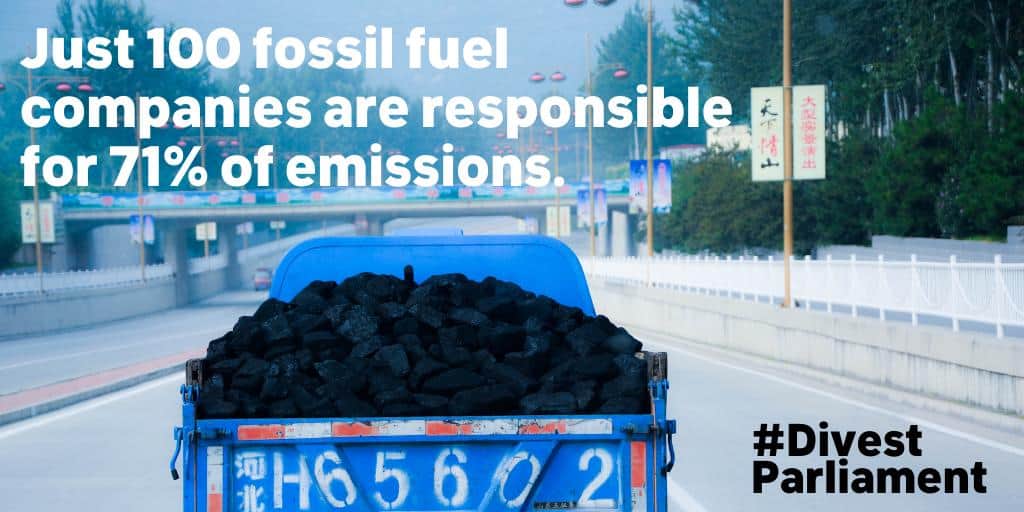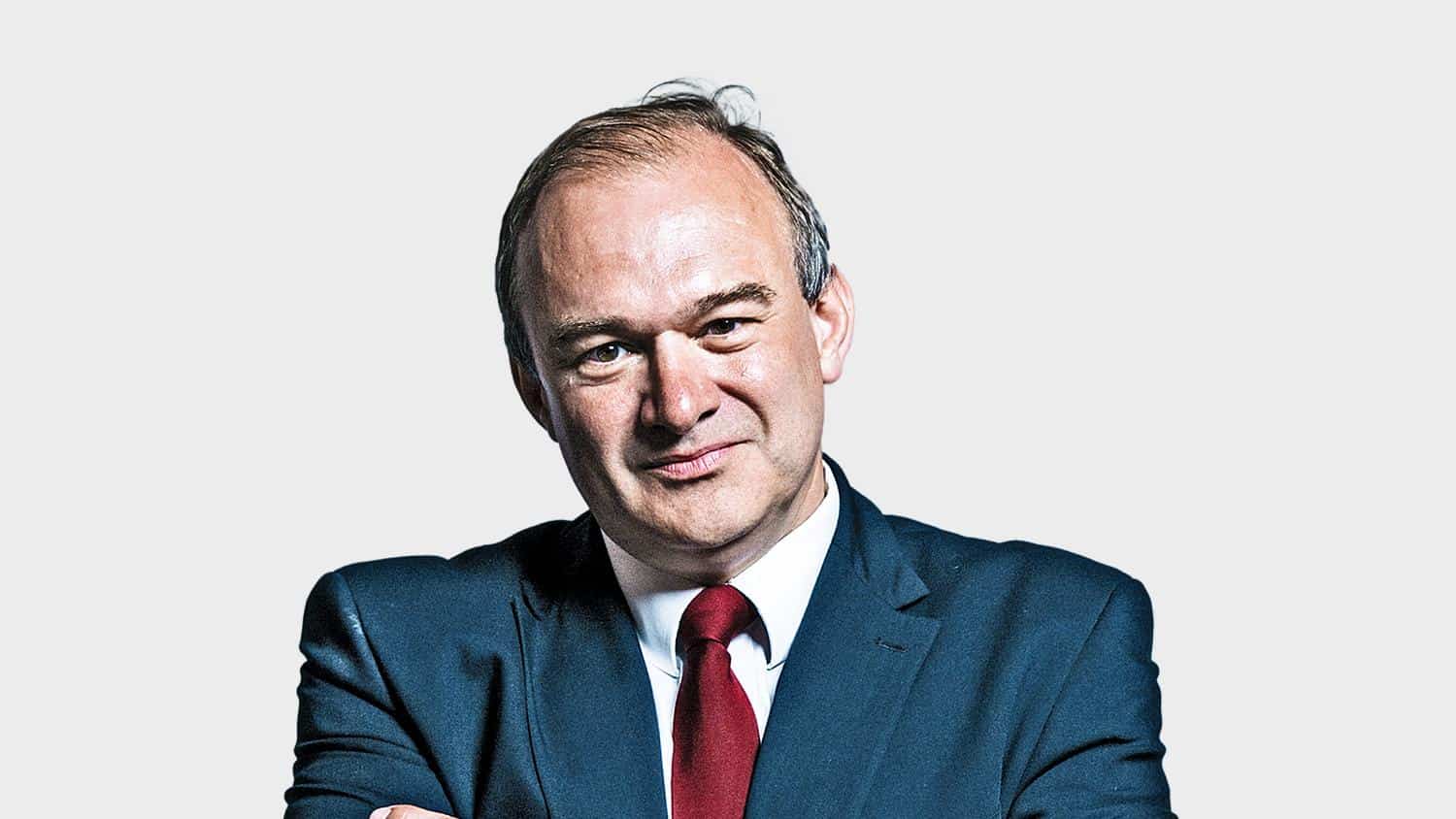MPs call for divestment of fossil fuels from £700m Parliamentary pension fund
Today marks a historic milestone for the Divest Parliament campaign, now backed by a third of serving MPs, which is calling on pension fund trustees to stop investing in fossil fuels.

At 2.30pm, MPs will gather to debate the ethical and financial risks posed by fossil fuel companies to pension funds as the world transitions towards net zero emissions.
Greenhouse worked with Divest Parliament to raise awareness of the debate and lobby MPs to attend, generating widespread coverage including features in The Mirror, HuffPost and Reuters.
Divesting the Parliamentary Pension Fund from fossil fuels is a significant opportunity for MPs to back up recent rhetoric about the climate emergency with action. Earlier this month, the UK Parliament passed a motion to declare an environment and climate emergency, following in the footsteps of the Welsh and Scottish governments who did so in April.

Today’s debate will put pressure on the Parliamentary Pension Fund, valued at £700m, to disclose its investments in carbon-intensive industries and publicly commit to phasing out fossil fuel investments. It currently holds shares worth £11.68m in fossil fuel company BP Plc, it’s largest single holding and a further £10.95m in Royal Dutch Shell.
The UN’s October report on limiting global warming to 1.5°C demands that world leaders urgently increase efforts to reduce greenhouse gas emissions by enacting far-reaching and unprecedented changes in all aspects of society within the next few years. In contrast, fossil fuel companies are on course to increase their discovery of new oil and gas reserves by 30% in 2019 and dedicate only 1.3% of their spending to clean energy projects.
Bank of England Governor Mark Carney, the Environmental Audit Committee and major global fund managers have publicly warned that people’s pensions are at risk by exposure to overvalued carbon assets as the world moves to cheaper renewables and governments legislate for net zero emissions.
The debate, secured by Liberal Democrat, Sir Ed Davey MP, comes at a time of intense focus on the climate crisis, amid new evidence of record levels of carbon dioxide in the atmosphere.

Ed Davey, former Energy and Climate Secretary and MP for Kingston and Surbiton, said: “Declaring a climate emergency is the easy part – now we need strong action to make net zero emissions a reality. By continuing to invest in fossil fuel firms, we are fuelling the fire of climate breakdown – and risking another financial crash. We must decarbonise capitalism. UK banks and pension funds must stop making the climate crisis worse and urgently switch to investing in clean tech to secure both our planet and people’s future pensions.”
Caroline Lucas, MP for Brighton Pavilion, added: “The worst impacts of climate breakdown are being felt by those who have done the least to cause the problem, as shown by the devastating impacts of Cyclone Idai in Mozambique, Malawi and Zimbabwe. It is morally unacceptable that we are helping to fund this by investing in fossil fuel companies. It’s time MPs joined the majority of UK universities, numerous faith groups and a growing number of local authorities in saying we can no longer use our pension funds to gamble with people’s lives and with the future of the planet. The climate emergency demands that all pension funds divest from fossil fuels and invest in positive solutions to the climate crisis.”
If Parliament decides to divest the MPs Pension Fund from fossil fuels, it will join the Irish National Infrastructure Fund, the Greater London Authority’s Pension Fund, the New York City Pension fund, local authorities including Southwark and Islington and two thirds of UK universities. Globally, more than 1000 funds worth over $8.7 trillion have made divestment commitments.


